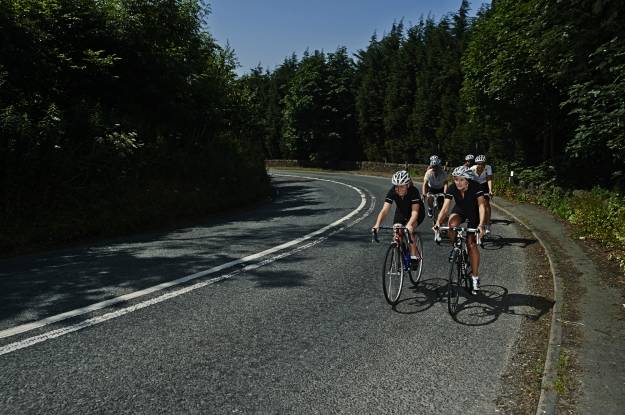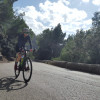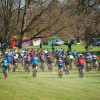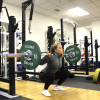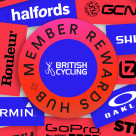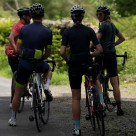What are junk miles?
Junk miles can be defined as cycling that has little or no training benefit and only serve to build fatigue.
Who are they relevant to?
Junk miles, and avoiding them, are relevant to any cyclist who’s wanting to improve their cycling fitness. They’re especially relevant if you have limited time to train and are looking to maximise your gains from the saddle time you do have.
Physiological no-man’s land
One of the most common ways that riders inadvertently accumulate junk miles is to ride at an intensity that’s neither easy enough to sustain to build true endurance nor hard enough to stimulate adaptations such as increases in FTP (Functional Threshold Power). Unfortunately this intensity, a “physiological no-man’s land” is very easy to slip into, especially if you don’t structure your rides and monitor intensity.
Monitor intensity
Monitoring your riding intensity, whether using a heart rate monitor, power meter or a combination of both, is key for avoiding junk miles. Test for your FTHR (Functional Threshold Heart Rate) and FTP (Functional Threshold Power) and use these to set accurate and personalised training zones.
Structured training
There’s no point having training zones if you don’t have the sessions and overall training plan to apply them to. Following a well designed structured training plan is one of the best ways to minimise junk miles.
Recovery rides
A genuine recovery ride can be a great way to enhance recovery but it has to be done properly and takes discipline for it not to become junk. It has to be strict Zone 1 with minimal force going through your pedals, imagine your cranks are made of glass. If you push any harder than this, you’ll just be adding more fatigue and not aiding your recovery.
Quality not quantity
Logging big mileage might look impressive on social media but it’s probably not the most effective way to improve your cycling. As mileage increases, speed and quality inevitably drops. You’ll get good at riding slowly but are unlikely to get any faster. The vast majority of amateur riders would improve using a simple weekly formula of two high quality midweek sessions and a focussed endurance ride at the weekend.
Commuting
If you commute by bike to work, it can be an incredibly time efficient way to get in some training but equally, if you just ride mindlessly, you’re likely just to be accumulating fatigue with little training gains. Morning commutes can be ideal for recovery rides or carbohydrate fasted fat adaptation training. The return journey can be used for intervals or higher intensity work.
Ask the question
If you’re unsure whether a ride is junk or not, ask yourself these questions:
- Does this ride have a goal/purpose?
- Does it fit into my overall training plan?
- Am I recovered enough and in the right frame of mind to achieve that goal?
Three yes answers and you’re good to go. One or more no answers and you should be questioning the validity of the session.
Riding for pleasure
No matter how seriously you take your cycling, it’s important to maintain perspective. Just going out for a ride for the sake of riding, without structure and without technology, can give you a real boost, especially mentally. In the same way that the occasional bit of junk food isn’t the end of the world, the odd bit of junk mileage every now and then won’t hurt.




